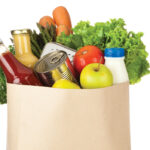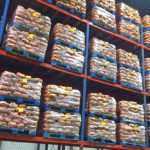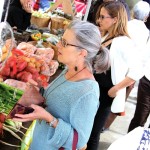
Tag Archives food banks

Feds disburse funds on community food security projects
Since 2019 the Local Food Infrastructure Fund has committed $64.8 million to such projects

Canadian food inflation to slow through 2024, report says
More certainty has brought an uptick in grocer promotions, but consumers are struggling

Pork council promises food bank funds
$150,000 will be going to Harvest Manitoba over three years

Feds put up funds toward managing P.E.I. potato surplus
Ottawa budgets $28 million for distribution and disposal

Comment: The hungry Canada we don’t see
There’s always going to be need, and the pandemic has increased it

Comment: Food affordability. The perfect economic storm
The cost of housing is now the biggest contributor to food unaffordability in Canada

Feds line up projects for surplus food program
NGOs backed to gather, distribute 12 million kg of food

Federal surplus food program now taking applications
Qualified NGOs sought to move, distribute perishables to 'populations in need'

Details on federal food surplus program expected in ‘days’
Ottawa already at work with businesses, minister says

New report describes ‘three-tiered’ food system operating in Canada
A University of Guelph researcher takes a close look at Canada’s evolving alternative food market


